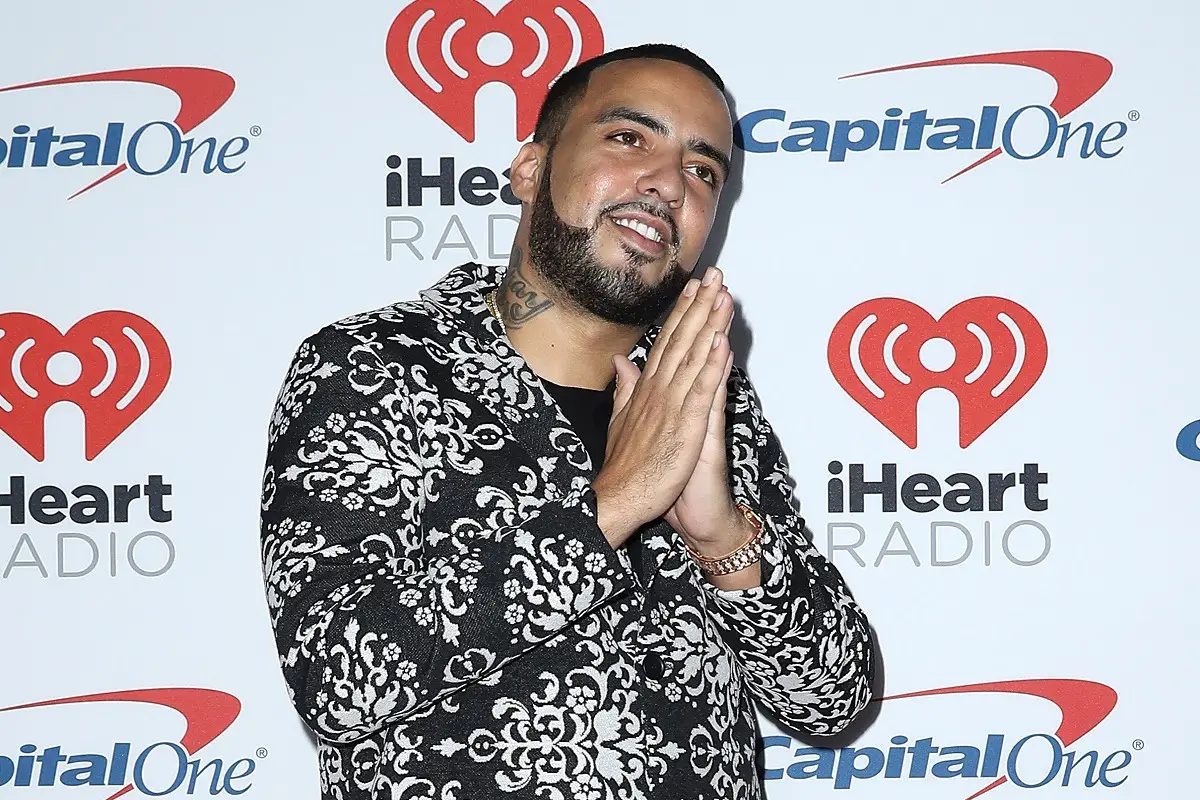(AllHipHop News) Moroccan-American recording artist French Montana joined with Get Schooled and MTV to launch the “We Are The Dream” initiative. The “Unforgettable” rapper further used his celebrity to bring awareness to the education campaign for DACA recipients by writing an op-ed about the subject, along with Get Schooled executive director Marie Groark.
Get Schooled national spokesperson DJ Khaled also joined with Montana to help the DREAMers. Khaled took part in a Public Service Announcement for “We Are The Dream.”
Read French Montana and Marie Groark’s op-ed below:
Last week, we came together to launch “We are the Dream,” a multi-platform campaign to amplify resources for undocumented youth seeking higher education. Undocumented students and their supporters can access resources on wearethedream.us, join a Twitter chat or text in their questions.
I am French Montana, a first generation dreamer from Morocco. I immigrated to the Bronx in New York City at the age of 13 only speaking Arabic and French.
I am Marie Groark, an American born educator.
We both want to support teens as they find their path to success in this country. French knows first-hand how tough it can be to learn English and adapt to American culture.
The day after we launched, this text popped up in our “We Are the Dream” queue: “I am not sure I should submit a FAFSA (Free Application for Federal Student Aid).” Every year, Get Schooled personally answers tens of thousands of text messages from middle and low-income students. These students are confused, concerned or stressed about the college application process. We coach them through the process and become the knowledgeable friend they need to help them get into college.
“What are you worried about,” we asked the student.
“My parents’ social security numbers. They don’t have them,” the student answered.
“No problem,” we replied. “The standard way to handle this is to just put 0’s where you would have put their social security numbers, print out the signature page, have them sign it and mail it in. You should be totally fine.”
“Yes, but if I do that, won’t I flag my parents as undocumented to the government?”
Students who are undocumented or whose parents are undocumented experience an even more stressful path from high school to college. It’s not surprising then that fewer than 10% of the 65,000 high school graduates who are undocumented will earn a degree.
Will accessing grants that they qualify for put their families on a watch list?
It is common knowledge that college is prohibitively expensive. It is nearly impossible to attend for most families without access to some grants, subsidized loans or subsidized tuition. Many undocumented students don’t access aid, either because they aren’t aware of what is available, or because nothing is available.
“I am undocumented and started my college education in Missouri” another student wrote. “But I cannot afford to continue. What are my options?”
Missouri has no in-state tuition or grants available to undocumented students. The texter has to pay in cash for his college education. “Have you tried private scholarships?”
We are not political people. We are an educator and a multi-platinum hip hop artist. But we believe passionately in the worth of every human being. We believe in the power of education to unlock human potential. We work tirelessly to ensure that young people — wherever they may live, wherever they may attend school, whatever education their parents may have — have a voice to advocate for themselves along with access to the tools, resources and community that will help them fulfill their dreams.
“I want to go to college,” another texted, “but not sure I can. I am undocumented”.
“Where do you live?” we wrote back.
“California,” the texter replied.
“You can complete a California Dream Act Application and access a full Cal Grant if you qualify.”
“But is it safe?”
The statistics tell us that our belief in the power of education is well founded. Education is highly correlated with one’s participation in civic society, health, and, of course, earnings. The good news is that there is aid out there for some undocumented students. Eighteen states have granted aid — whether grants or subsidized tuition — to undocumented students. TheDream.us has raised more than $400 million in scholarships.
But undocumented students are too often alone, not knowing who to trust or where to get their questions answered. So much of the aid goes unclaimed.
“I have a question,” wrote another texter, “Can you help me?” Yes we can.
